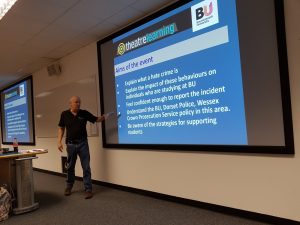
Hate crime as a hot topic
Hate Crime on university campus has attracted widespread attention in the media of late, with a spate of high profile incidents targeting Black Asian and Minority Ethnic (BAME) students in particular in the UK. Despite increased awareness of it, it is estimated that hate crime is considerably under-reported by students (Universities UK, 2016; NUS, 2012). BU’s Equality and Diversity Unit, supported by Dr James Palfreman-Kay, was awarded funding by HEFCE in late 2017 as part of their Catalyst Fund to tackle hate crime and online harassment on campus. This is a joint project, working with partners in SUBU, CPS Wessex, Dorset Police, Access Dorset, the Dorset Police and Crime Commissioner as well as colleagues and academics at BU and from other agencies associated with Prejudice Free Dorset.
What does the project involve?
The objective of the project was to provide students with the knowledge of what a hate crime is, how to respond to it and where to seek support, both on and off campus. This was achieved through the use of a drama based format called Forum Theatre (FT) which uses actors to share scenes of discrimination and hate crime (Dwyer, 2010; Hamel, 2015). FT has previously been used in promoting social change and critical thinking (Boal, 1974) and the value of this approach was that it would enable students to try out courses of action which could be applicable to their everyday lives and provide a gateway for increasing reporting.
The project is funded for the remainder of 2018, and a pilot was run in March with a cohort of social science Level 4 students. Jane Healy, Lecturer in Sociology & Crime & Deviance, worked with James to embed the Forum Theatre process within a learning session with 85 students from across BA Sociology, BA Sociology & Criminology, and BA Sociology & Anthropology programmes. The students were exploring Hate Crime as one element of their Level 4 Social Exclusion and Discrimination Unit, and the FT company were invited into the Wollstonecraft lecture theatre on the Lansdowne site. Four actors created two scenarios based on a fictitious university campus, involving religious and homophobic hate crimes but also acknowledging other, intersecting elements of identity. The scenarios were drawn from examples of similarly reported crimes provided by CPS Wessex. None had occurred at BU, but were designed to engage students and encourage discussion and debate.
The students were thoroughly engaged in the FT scenarios. As the first scenario was played out, silence descended on the room and students (and staff) held their breath as the ‘student’ characters experienced an unpleasant encounter near their halls of residence. The second involved online hate crime and the impact it had on victims, friends and bystanders. Once the scenes were completed, actors returned to the stage in their ‘roles’ and students were able to ask questions of them. The response was at times rambunctious as members of the audience quizzed and at times challenged ‘bystanders’ about their participation. Ultimately, however, the serious message of hate crime as a corrosive and socially divisive aspect of contemporary society was conveyed in a respectful and thought-provoking manner.
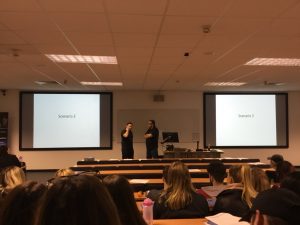
What next?
In order to evaluate the success of the programme, students were asked about their knowledge of hate crime both before and after the FT event and what impact it has had on them, through an evaluation questionnaire. Initial findings suggest an improved awareness of hate crime, although some students unfortunately had previous experience of hate crimes and incidents. Students are also being invited to do a follow up interview.
The FT event provided a unique method of engaging with and debating hate crimes on campus, in a safe and respectful environment. Embedding it within a Unit enabled the project’s exposure to a large cohort. As a result of positive feedback, it will be rolled out across all three sociology programme year groups over the coming months.
Interested in attending the next Forum Theatre?
There are two further forum theatre open events on Campus before the end of term; 23 April in Lansdowne and 17 May on Talbot. Details can be found at the bottom of this post. However, any interested academics and/or teaching staff can contact James to discuss a bespoke session to suit their student cohort.
By raising awareness and increasing reporting, BU is sending a positive message that hate crime, in all its forms, is unacceptable.
Open Event Dates
Everyone is welcome to the following:
23 April 10-12 open Lansdowne campus session:
https://www.eventbrite.co.uk/e/responding-to-hate-crime-tickets-44832749962
17 May 10-12 open Talbot campus session:
https://www.eventbrite.co.uk/e/responding-to-hate-crime-tickets-44832816160
**********************
Jane Healy has recently completed a PhD in disablist hate crimes and is a Lecturer in Sociology & Crime & Deviance in the Faculty of Health & Social Sciences.
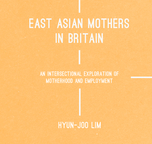 Contributing further to the continuing discourse and development of intersectionality, this book examines East Asian migrant women’s stories of motherhood, employment and gender relations by deploying interlocking categories that go beyond the meta axes of race, gender and class, including factors such as husbands’ ethnicities and the locality of their settlement. Through this, Dr. Lim argues for more detailed and context specific analytical categories of intersectionality, enabling a more nuanced understanding of migrant women’s stories and identities.
Contributing further to the continuing discourse and development of intersectionality, this book examines East Asian migrant women’s stories of motherhood, employment and gender relations by deploying interlocking categories that go beyond the meta axes of race, gender and class, including factors such as husbands’ ethnicities and the locality of their settlement. Through this, Dr. Lim argues for more detailed and context specific analytical categories of intersectionality, enabling a more nuanced understanding of migrant women’s stories and identities.

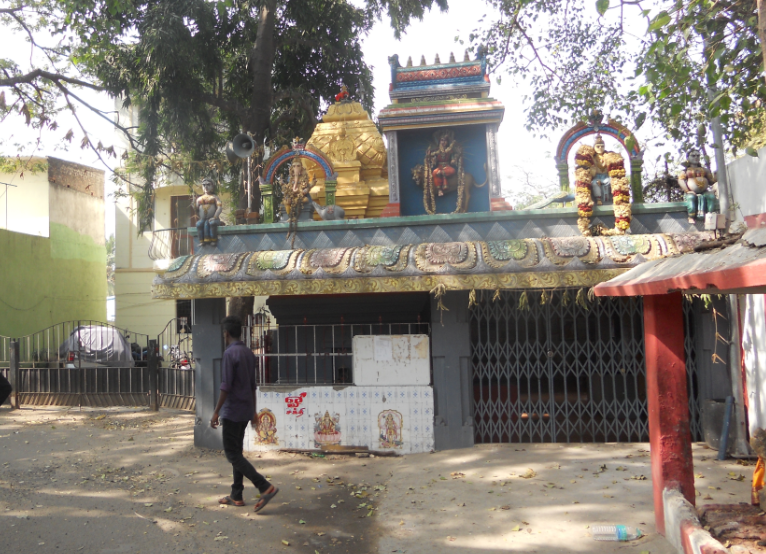
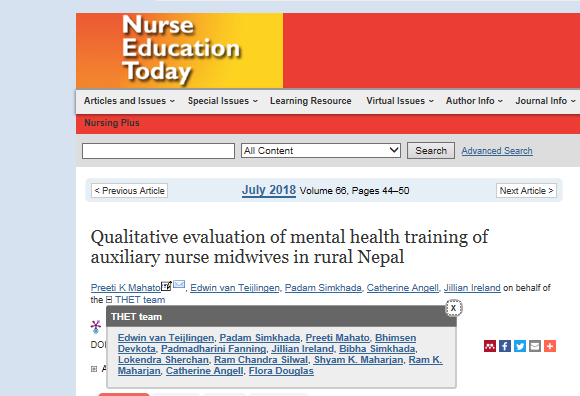
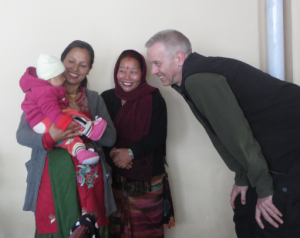
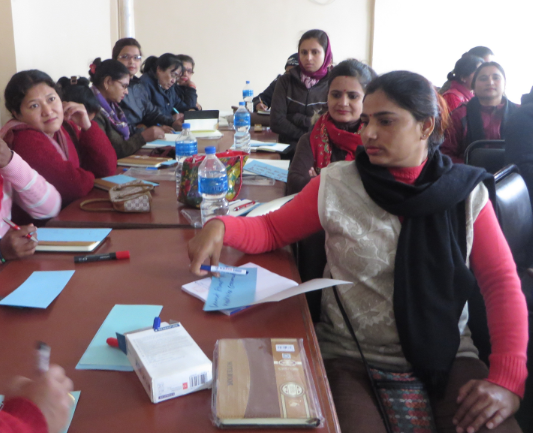
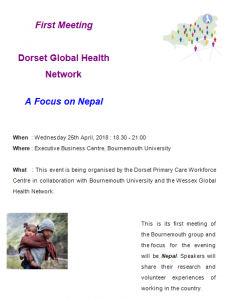
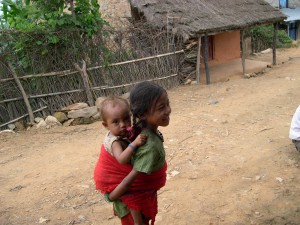

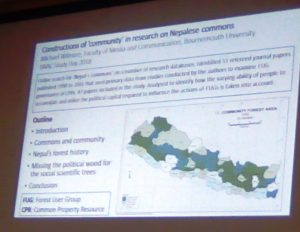
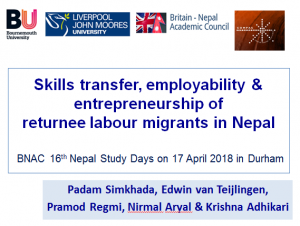
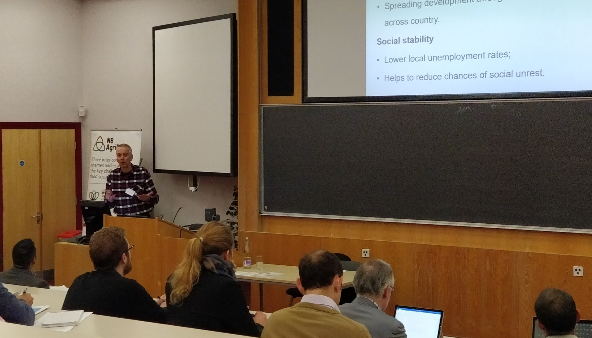

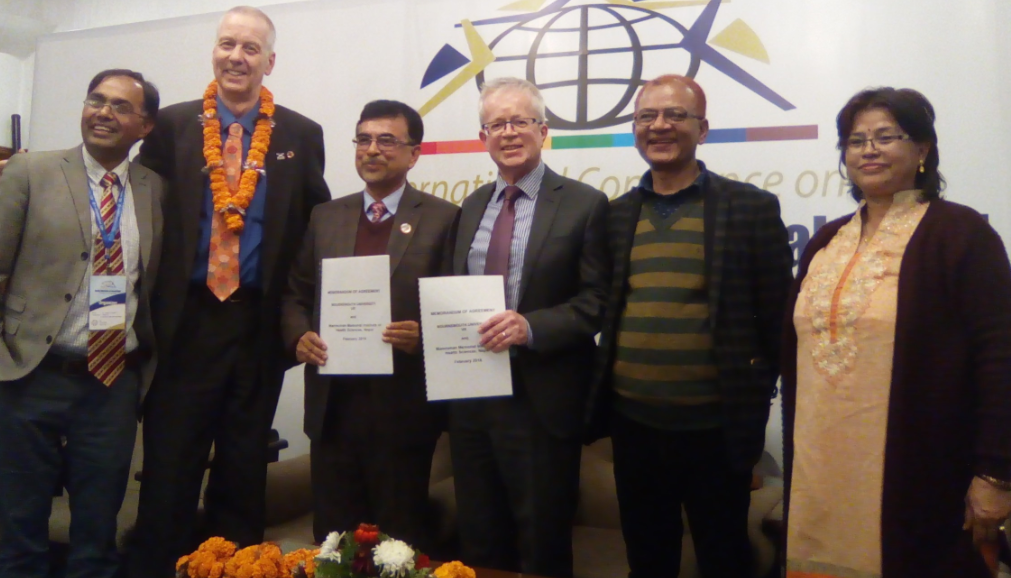


 An exciting new research project will be launched this Saturday and the team is getting ready. Last November during the ESRC Festival young people told us what they liked doing outdoors. Next Saturday the research team from across BU will be releasing the top ten favourite things that young people enjoyed outdoors on a rock drop in partnership with Bournemouth Rocks. Young people can find out the results of our research and help develop our study by logging their finds and sharing their use of green space with the research team – Dr Holly Crossen-White, Dr Nathan Farrell and Dr Angela Turner-Wilson. The Rock Drop site will be released on Friday on social media
An exciting new research project will be launched this Saturday and the team is getting ready. Last November during the ESRC Festival young people told us what they liked doing outdoors. Next Saturday the research team from across BU will be releasing the top ten favourite things that young people enjoyed outdoors on a rock drop in partnership with Bournemouth Rocks. Young people can find out the results of our research and help develop our study by logging their finds and sharing their use of green space with the research team – Dr Holly Crossen-White, Dr Nathan Farrell and Dr Angela Turner-Wilson. The Rock Drop site will be released on Friday on social media 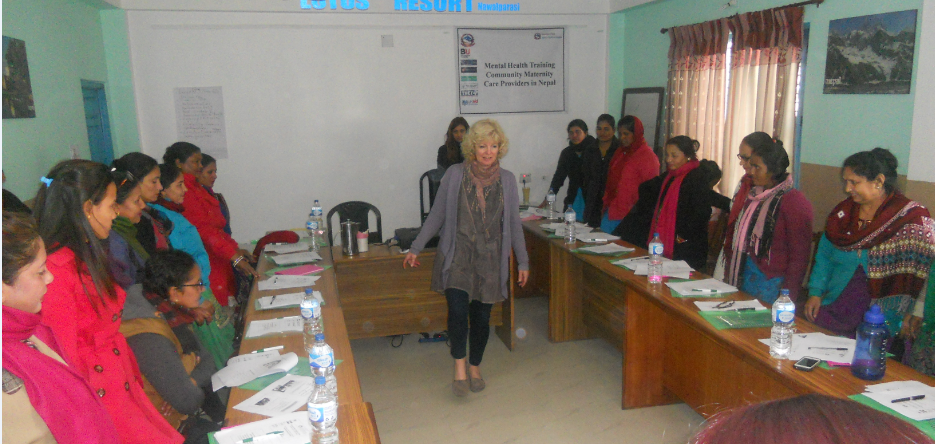

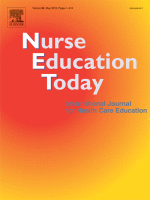
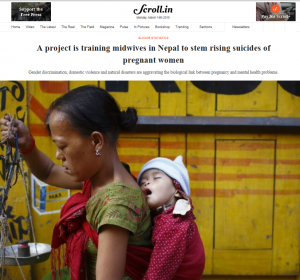
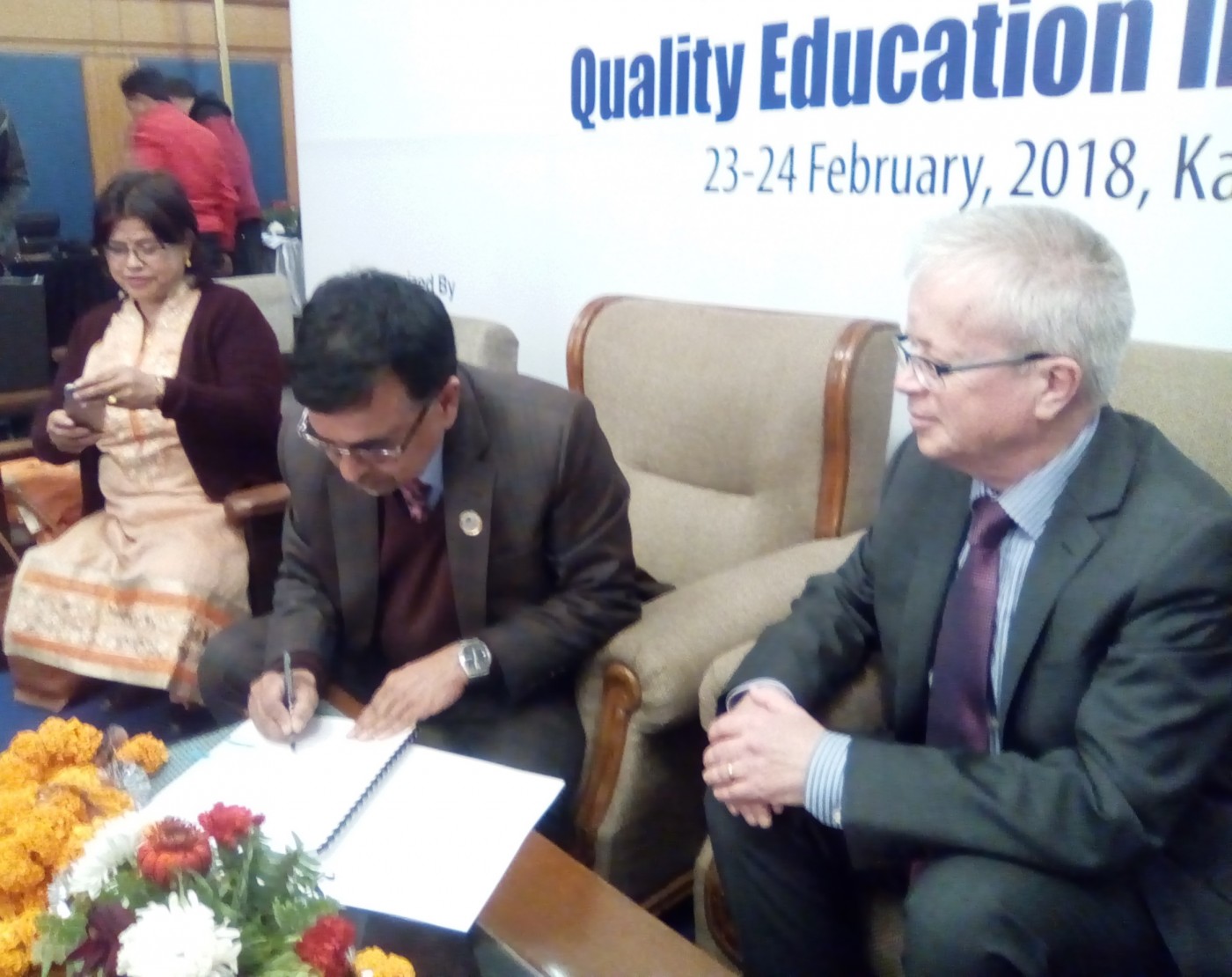


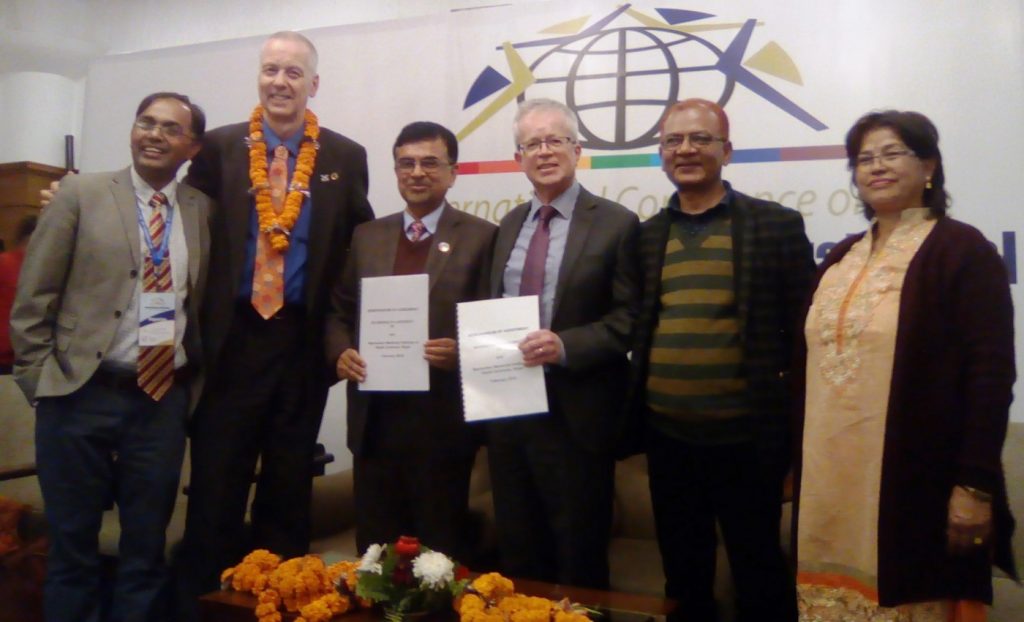
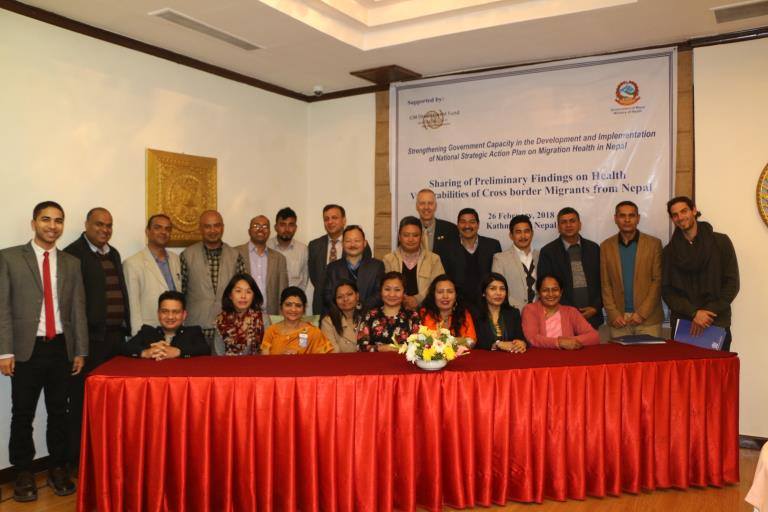

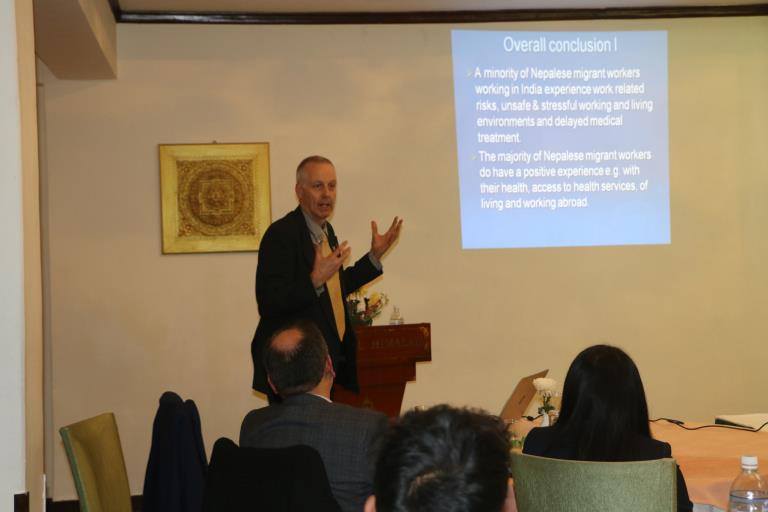
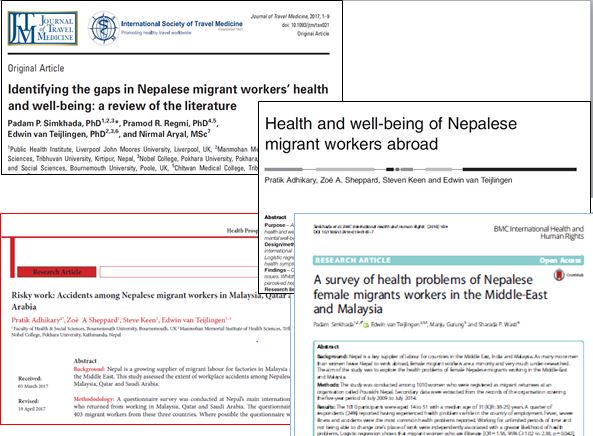
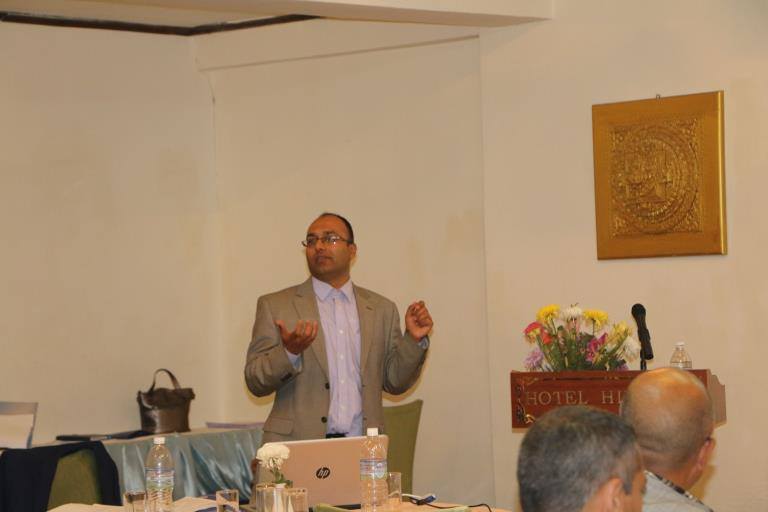
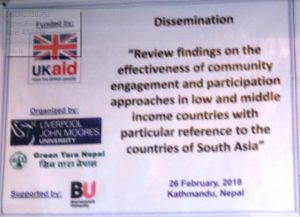
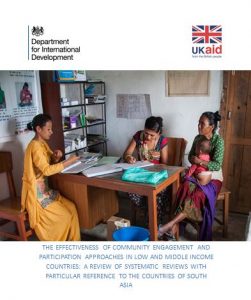
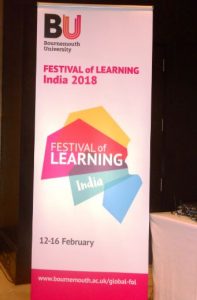
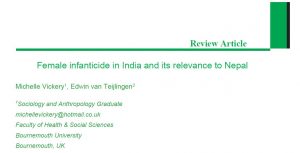
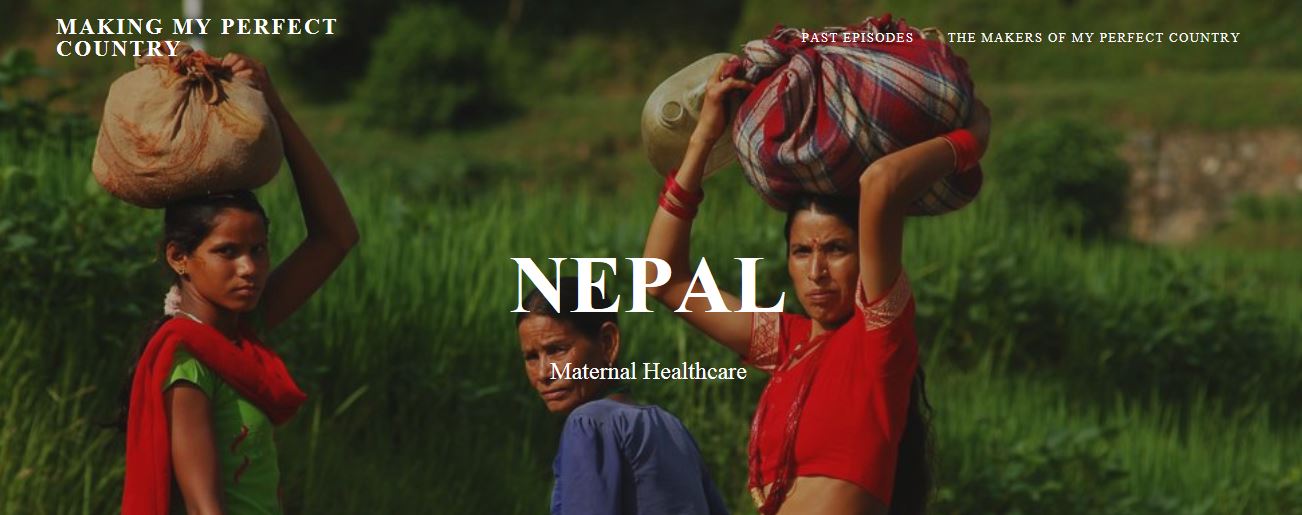

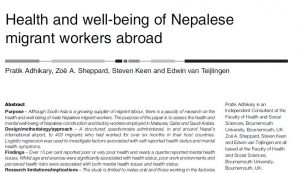











 No access to BRIAN 5-6th February
No access to BRIAN 5-6th February Missing Persons Indicator Project Recruitment
Missing Persons Indicator Project Recruitment Celebrating our Research: Postgraduate Research Showcase 2026
Celebrating our Research: Postgraduate Research Showcase 2026 Nursing Research REF Impact in Nepal
Nursing Research REF Impact in Nepal Fourth INRC Symposium: From Clinical Applications to Neuro-Inspired Computation
Fourth INRC Symposium: From Clinical Applications to Neuro-Inspired Computation ESRC Festival of Social Science 2025 – Reflecting back and looking ahead to 2026
ESRC Festival of Social Science 2025 – Reflecting back and looking ahead to 2026 ECR Funding Open Call: Research Culture & Community Grant – Apply now
ECR Funding Open Call: Research Culture & Community Grant – Apply now MSCA Postdoctoral Fellowships 2025 Call
MSCA Postdoctoral Fellowships 2025 Call ERC Advanced Grant 2025 Webinar
ERC Advanced Grant 2025 Webinar Update on UKRO services
Update on UKRO services European research project exploring use of ‘virtual twins’ to better manage metabolic associated fatty liver disease
European research project exploring use of ‘virtual twins’ to better manage metabolic associated fatty liver disease